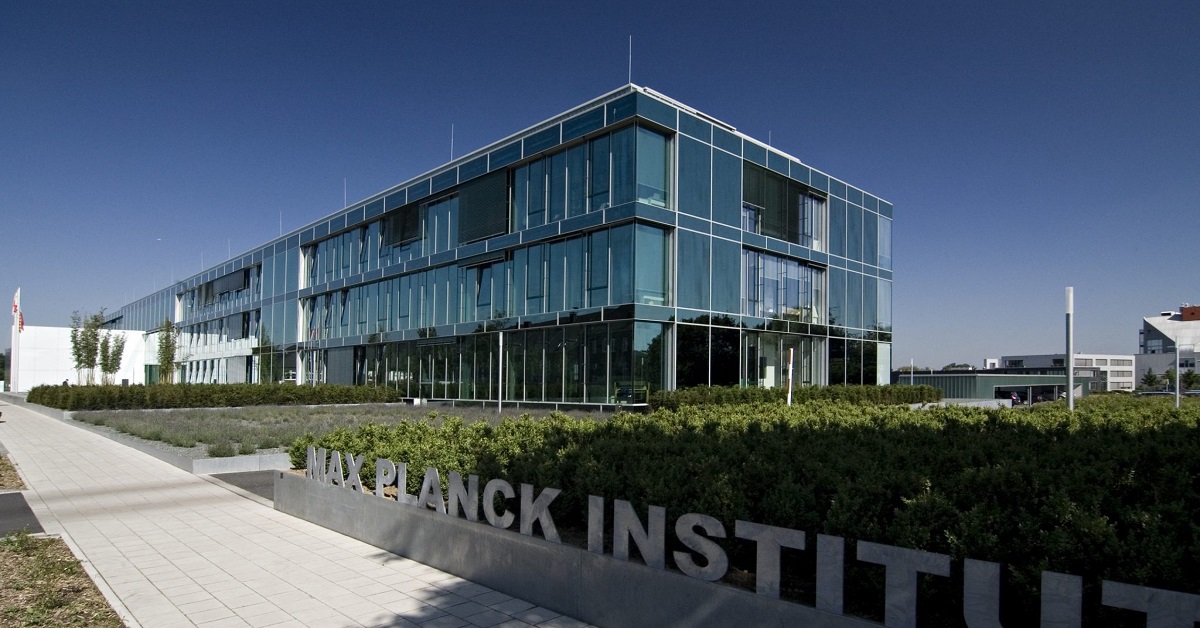The “Astrophysical and Cosmological Relativity” (ACR) department at the Max Planck Institute for Gravitational Physics (Albert Einstein Institute, AEI) in Potsdam announces the opening of several postdoc appointments (m/f/d). The postdoctoral positions will be available at different levels, depending on experience and seniority, and can last from 2 to 5 years.
The ACR department, led by Alessandra Buonanno, is composed of about 40 scientists, including three permanent research group leaders, Jonathan Gair, Harald Pfeiffer, Jan Steinhoff, and the five-year research group leader Miguel Zumalacarr. The department also hosts several long and short-term visitors, and it has ties with the Physics Department at the University of Maryland, the Humboldt University in Berlin, and the University of Potsdam.
The ACR department focuses on several aspects of gravitational-wave physics and astrophysics, including
- analytical modeling of gravitational dynamics and radiation (effective field theory, post-Newtonian and post-Minkowskian expansions, gravitational self-force approach, perturbation theory and effective-one-body formalism),
- numerical relativity, most notably simulations of compact objects in general relativity and alternative theories,
- interpretation and analysis of data from gravitational-wave detectors on the ground (LIGO and Virgo) and in space (LISA),
- acceleration techniques for gravitational-wave inference, including machine learning,
- astrophysics of compact objects,
- cosmography with gravitational waves (including dark energy, dark matter, gravitational lensing), and
- tests of gravity in the strong-field and highly dynamical regimes.
Members of the department have the opportunity to join the LIGO Scientific Collaboration through the group’s membership, the LISA Consortium, and also participate to building the science case for third generation (3G) ground-based detectors (Einstein Telescope and Cosmic Explorer).
The ACR department has a high-performance computer cluster, Minerva with ~9,500 cores, a high-throughput compute cluster, Hypatia with ~12,000 cores and a server with 8 A100 GPUs. Those clusters are used to run numerical-relativity simulations of gravitational-wave sources, and to carry out source modelling and data-analysis studies for current and future gravitational-wave detectors.
To apply, please submit your application via our job portal.
You will be asked to upload a cover letter, curriculum vitae, list of publications and a statement of past and future research activities of not more than 3 pages. Applicants will need to indicate the names of three referees for recommendation letters.
Please register an account with our job portal and fill in the contact information for the referees well before the deadline, so that reference letters can be received in time.
Referees will receive an email with instructions on how to upload their letters. In case of problems with the application form, please contact jobs@aei.mpg.de.
The ACR department also offers Max Planck Fellowships to non-German scientists. Information on those fellowships and explanations on how to apply.
Candidates are encouraged to apply as soon as possible. The deadline for full consideration is November 15, 2021, including reception of reference letter. The positions are available as early as Summer 2022 or Fall 2022. Applications will be considered until all positions are filled.
The Max Planck Institute for Gravitational Physics is an equal opportunity employer, and is committed to providing employment opportunities to all qualified applicants without regard to race, color, religion, age, sex, sexual orientation, gender identity, national origin, or disability.
For further information please contact Dr. André Schirotzek: andre.schirotzek@aei.mpg.de.
